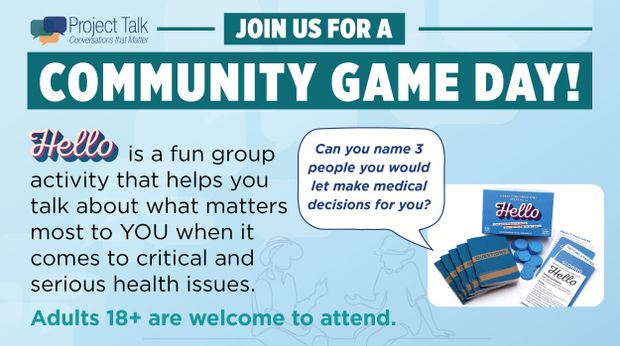Thanksgiving is tomorrow, so I thought we’d talk about our ungrateful little brats, whoops, I mean our little darling angels for a minute. But seriously, kids can appear to be rather greedy and self-centered at times. It’s in their nature. They are hard-wired for survival but don’t yet understand the difference between “wants” and “needs.” So when they are losing their mind because you won’t buy them candy at the grocery store a mere twenty minutes after you bought them something at the toy store, it’s because their developing brains are misinterpreting your “no” as a threat to their needs being met.
Illogical, maybe. Annoying, definitely. But the ability to be thankful isn’t born in — it’s a skill that has to be learned.
Here Are Some Simple Ways To Teach Your Kids The Fine Art Of Gratitude…
Model Gratitude
Say thank you to the cashier at the store, the person that holds the door, your family, everyone. Your children will hear how you treat others and will do as you do. When you have a moment of gratitude, say it out loud. “I’m so thankful it’s finally bedtime!”
Volunteer Your Time
There is always some program, organization, or charity that needs help. Sign up and bring the kids. Helping those less fortunate than ourselves has a way of opening our eyes to what it means to have and have not. It’s never too early to teach kids the value of giving their time to a worthy cause.
Write Thank You Notes
Well-written thank you notes make the world go ‘round according to moms of a certain generation. But don’t leave thank you note writing just for birthday and wedding gifts. Teach your children to write thank-you notes to their bus drivers, the mail person, or their teacher. The act of writing and delivering such notes is one of the best ways to help a child recognize how good being thankful can feel.
Random Acts of Kindness
Show your children the spirit of generosity by committing random acts of kindness such as paying for others’ meals, groceries, gas, coffee, etc. Go out of your way to help someone who is struggling to carry something heavy. Teach and encourage them to be helpful to kids at school or in the community. Help them to experience the joy of being kind to others when they are little.
Teach the Difference Between Wants and Needs
In the words of a child I know, “Wants are things you don’t need but, like, you really want them but sometimes mom and dad say you can’t have them until you eat your broccoli.” Spot on, right? Start talking about and pointing out the difference when they are little and their understanding will develop as they grow.
Keep Gratitude Lists
I keep a list on my phone of people who help me out, do kind things, or generally make the world a better place. Then, when I have a minute or a few extra dollars, I’ll send them a text, a note, or a small gift to show my appreciation. You can do this project as a family, helping your kids to notice and reach out to the kind people and the helpers in their lives.
Look on the Bright Side
In difficult situations, be mindfully grateful. Sure, your ten-year-old may have just shrieked in public that you are the most annoying thing in the whole world. But as your anger simmers, take a moment to be grateful she’s healthy enough to reach that octave. (And that you have enough self-control to stay silent, at least until you get home!) Teach your children to do this by pointing out the good in painful or disappointing situations. Remember, they’re always watching you. That reads much creepier than I meant for it to.
Have Your Kids Earn What They Want
We generally have more appreciation for the things we earn or work hard for than we do for things that come free. Does your kid want a new video game system? Help him make a list of chores and tasks to do to earn that item. Those big-ticket items will be more appreciated if they’ve contributed to the process of acquiring them.
Implement Occasional “Less Is More” Days
Many of today’s kids suffer from a bad case of “affluenza” or the sense of entitlement that comes with having all of your needs and wants satisfied on a daily basis. If you’ve never been without, it’s difficult to really appreciate all that you have. Choose specific days where the entire family will go without some taken-for-granted conveniences. You can try things like internet access, electronic devices, or other things your kids seem to think they “need.” On those days, be sure to talk with your kids about their experience. Help them to see that many children in our own community don’t have those things at all.
Start Daily Gratitude Practices
Build routines surrounding gratitude in your day to day schedules. Begin the day by asking your kids what they are thankful for or make this part of your dinner conversation or bedtime routine. Buy a bunch of those adorable little notebooks at the dollar store and teach your kids how to keep a gratitude journal. In case you’re wondering how to keep a gratitude journal, you just list or describe the things for which you’re grateful each day. For example, here’s my entry for today: I’m thankful the puppy only bit a hole in one garment today as compared to three yesterday. Also, I’m thankful for coffee. Let’s be honest, this goes on the list every day.
Thank you for reading – I appreciate you taking time to check out this post!
See what I did there?

Happy Thanksgiving!
Nikki
Health Topics:







